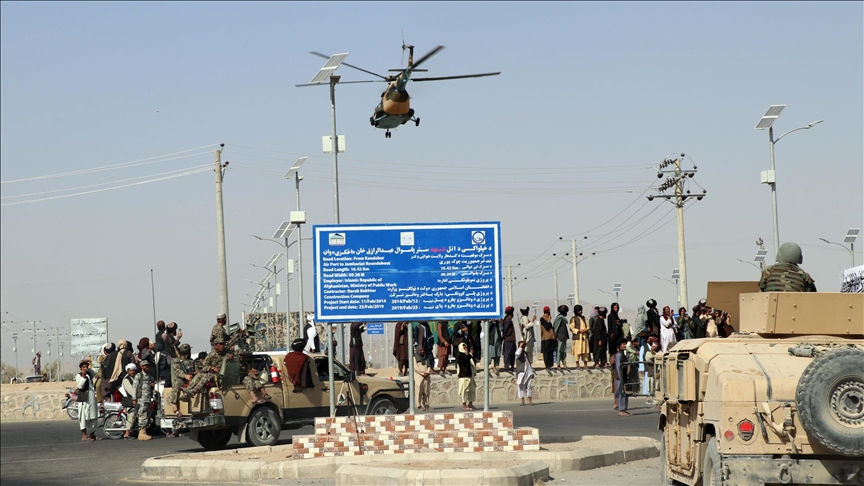WNAM MONITORING: A senior UN official stressed Thursday the urgent need for a balanced approach to addressing Afghanistan’s challenges, warning that solely relying on “pressure and condemnation” risks further isolation.
“As I have stressed before, engagement is not normalization or recognition. It is a way of consistently communicating the advantages of rejoining the international system. It is a way of preventing Afghanistan’s isolation or, worse, a return to conflict,” Roza Otunbayeva, UN special representative for Afghanistan, said at a Security Council session.
She warned about relying on “pressure and condemnation” to influence Taliban authorities, and said, “Pressure and condemnation do not seem to be working, and if pursued without forward-leaning principled engagement, it will lead to Afghanistan’s isolation.”
“Isolation is not the solution, and we must continue to engage to build trust for the benefit of the Afghan people,” she said, urging nations to be “patient and pragmatic, while also strong and resolute in our principles.”
She noted the effect of restrictions imposed by the Taliban, particularly on women and girls.
She said nearly 1,200 days have passed without girls having access to formal education beyond the sixth grade. Recent decisions to bar female students from attending medical institutes and higher education, she warned, could have “deadly implications” for the entire population by crippling Afghanistan’s health care system.
“I have strongly urged the de facto authorities to reconsider,” she said.
Despite the challenges, Otunbayeva reported some cooperation with Afghan authorities, including humanitarian access across the country and discussions on human rights and economic recovery initiatives.
“The UN Assistance Mission in Afghanistan (UNAMA) has also convened discussions with the de facto authorities and private sector on microfinance. The aim is to have a nationwide microfinance movement to unlock financial access for people trapped in poverty, and especially women entrepreneurs, all of whom are crucial for Afghanistan’s economic recovery,” she said.
Otunbayeva reported broader issues affecting Afghan society, including restrictions on the media, which she described as “undermining journalists’ and media workers’ ability to serve as a cornerstone of a well-informed, inclusive, vibrant, and developing society.”
Tom Fletcher, under-secretary general for humanitarian affairs and emergency relief coordinator, described Afghanistan as a “staggering humanitarian crisis.”
“The economy is extremely fragile. Almost half the population lives in poverty,” he told the Council, adding that nearly half the population is living in poverty and basic services are under increasing strain.
“One in three Afghans is food insecure. Malnutrition rates are alarmingly high and continue to increase,” he said, and stressed that Afghanistan is “the second largest humanitarian crisis in the world, after only Sudan.”
Fletcher expressed concern about new restrictions on Afghan women, including a ban on attending medical institutes, which could severely affect health care.
“The directive could cause serious and lasting damage to health care for Afghan women and girls,” he warned.
He urged increased funding, support to reduce aid interference and investment in key services.
Saying that Afghans “have not stopped striving for their rights, freedoms, and futures,” he urged continued international support.


